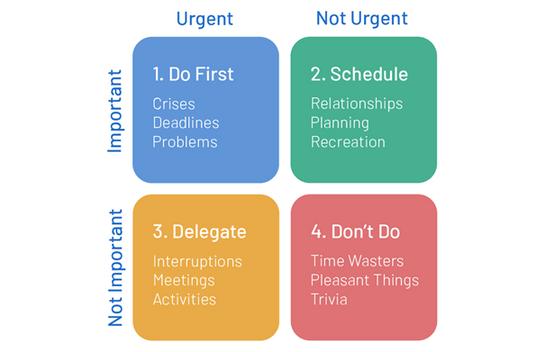2 minute read
Learning Quickly
E-module II. Problem Solving Skills
Learning Quickly
Learning quickly is that certain skill with which people manage to have a
reduced time in acquiring a certain knowledge.
This ability can be either an innate ability or a style obtained through hard work. In fact, there are various methods to improve one's attention and understanding. This style is essential for both mentors and mentees.
WHAT IS LEARNING QUICKLY?
LEARNING QUICKLY MEANS:
For a mentor it is a pivotal competence that allows him to understand the needs of the students.
To facilitate the implementation of other skills like adaptability and flexibility.
The mentor’s performances radically increase, creating a perfect synthon between the teaching approach and the trainee’s behaviour.
Withregardtomentees,therelationshipwiththementorisextremelyimportantto set the new skills and to create a proper form of criticism. In particular the competence to learn quickly underline the effort of the mentee and increase the satisfactionofthementorthatautomaticallyintensifieshiscommitmentasaguide.
The mentees performance gets a big improvement thanks to his/her new commitment to the training, showing new important competencies as:
Being punctual; auto-discipline; self-awareness strengthening your knowledge; objective oriented.
25
ENHANCING MANUAL FOR INCOMPANY TRAINERS IN SMES
E-module II. Problem Solving Skills
Learning Quickly
ACTIVITIES/TOOLS TO IMPROVE LEARNING QUICKLY SKILLS:
THE MAIN OBSTACLES AND CHALLENGES:
Do not forget to take notes and to design scheme of the lesson To study and collect several kinds of trainings
Take notes and schemes of all your trainings and improvements
Try to understand and to apply the resources the mentor gave to you and try to focus on the applications and examples that the mentor showed
To observe all the characteristics of the mentees and mentors
As far as mentees are concerned, the biggest obstacles are undoubtedly laziness and lack of passion for the work to be done. In addition, arrogance is often added to these two problems, which prevents the mentee from following the mentor's instructions to the letter, thus making the training ineffective.
As far as mentors are concerned, many may be confident in their abilities and may not devote more time to studying new teaching techniques or may judge students in categories that do not allow for the development of individual personalities.
E-module II. Problem Solving Skills
Learning Quickly
Activity 1: Memory game
Step 1: Make all participants watch a sequence of images. Once it is finished all participants have to recreate the order and do a little description of the images.
Step 2: Make them watch a second sequence of images; this time the participants have the opportunity to take notes. Then, they have to put in order the sequence and do a little description of the images without watching the notes.
Step 3: Debriefing, all participants speak about the differences of results between step 1 and step 2.
Activity 2: Memory competition
Step 1: Each participant writes a story.
Step 2: In a random order each participant read loud the story
Step 3: All participants can use every methods to memorize the stories.
Step 4: At the end of the all stories, a facilitator will start to do several questions.
Step 5: The person that get the biggest score win the game.




